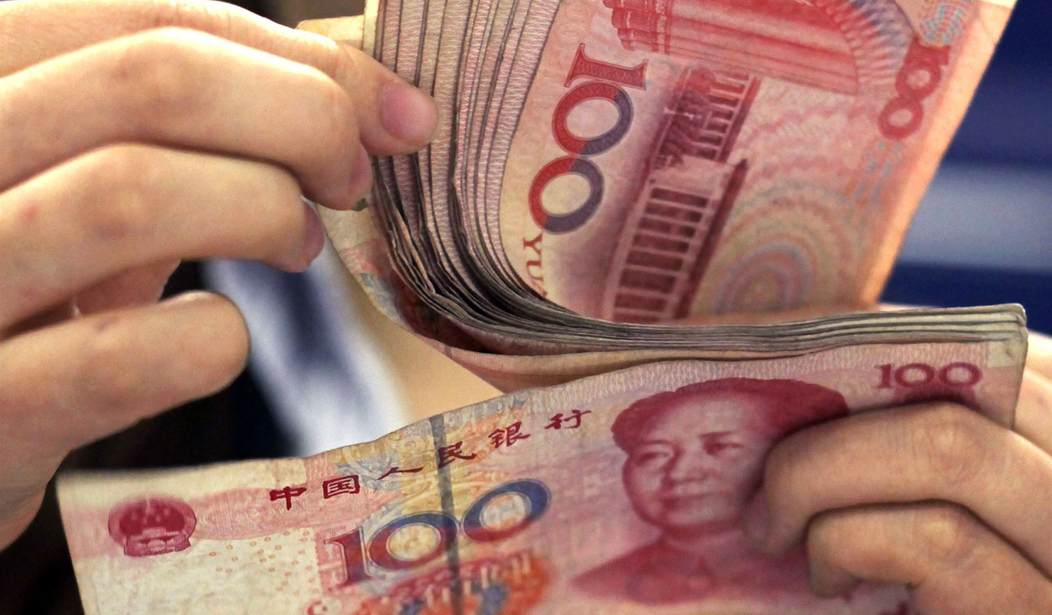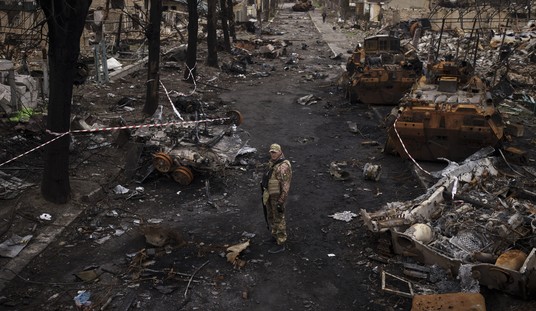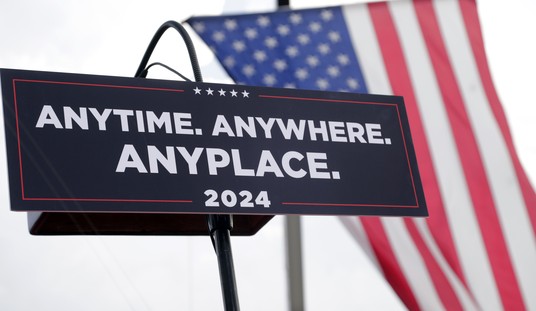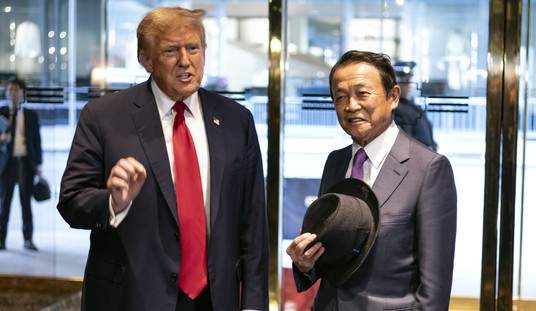In a one-party state where almost everything is the responsibility of communist party leadership, a downturn in the economy presents a really tricky problem. The same party people who are in charge also have to pass the bad news up the chain to their party bosses who in turn have to pass the news to their bosses. No one along the line wants to be the bearer of bad news that ultimately goes to the desk of President Xi Jinping, creating a powerful incentive to massage the data along the way. The AP reported on this phenomenon in China last October:
“Powerful leaders become hostages,” said Dali Yang, an expert on Chinese politics at the University of Chicago. “They actually are living in cocoons: protected, but also shielded from information that they should be open to.”
The reports are classified as state secrets, giving them an air of mystery in China. They are called “neican,” which is pronounced “NAY-tsahn” and means “internal reference.”
They report on what would be considered staples of journalism in many other countries: corruption, strikes, public criticism, industrial accidents. In China, such matters can be too sensitive for public consumption, as they “could damage the Party’s reputation,” a 2020 Chinese academic paper says…
The Communist Party calls internal reporting a secret weapon, acting as its “eyes and ears,” while propaganda acts as its “throat and tongue.”
In keeping with the idea that some facts are too sensitive to share with the public, China’s bureau of statistics stopped published youth unemployment numbers this month. As regular readers know there are lots of signs that China’s real estate sector, which makes up about 1/4 of its economy, is in serious trouble and that trouble seem to be spreading from there to the rest of the economy. Here’s a summary published yesterday by the NY Times.
Chinese consumers are spending less, in part because a slump in housing prices has affected their savings, much of which are tied up in property. Jobs tied to housing that were once abundant — construction, landscaping, painting — are disappearing. And the uncertainty of how far the crisis might spread is leaving companies and small businesses afraid to spend.
Local governments, which rely on land sales to developers to pay for municipal programs, are cutting back on services.
Financial institutions known as trust companies, which invest billions of dollars on behalf of companies and rich individuals, are staring at losses from risky loans handed out to real estate firms, prompting protest from angry investors.
With all of this happening, Chinese investors were expecting some serious moves on interest rates by the central bank to try to limit the damage. But the bank made its announcement today and the rate shift was pretty underwhelming:
The People’s Bank of China (PBOC) kept its five-year loan prime rate (LPR), which stands at 4.2%, on hold on Monday, while trimming its one-year loan prime rate by 10 basis points from 3.55% to 3.45%.
The cut to the one-year rate was widely expected, but the lack of action on the five-year rate was not. Nearly all of the analysts polled by Reuters had predicted that the five-year rate, which serves as the mortgage reference rate, would be reduced by at least 15 basis points.
The outcome was “underwhelming,” Julian Evans-Pritchard and Zichun Huang of Capital Economics wrote in a Monday research note.
“On its own, the latest round of cuts is too small to have a big impact,” the China economists wrote. “[This] strengthens our view that the PBOC is unlikely to embrace the much larger rates cuts that would be required to revive credit demand.”
So it looks like the bank has decided to let this play out. That could be because the real numbers aren’t as bad as they appear but I don’t think so and here’s why. Back in March, Chinese police raided a US firm called the Mintz group and arrested several of its local officers. Mintz group does background checks and gathers information on local business conditions. Today China announced Mintz would be fined $1.5 million for doing its job.
Mintz Group illegally engaged in “foreign-related statistical investigation activities without obtaining approval,” the Beijing Municipal Bureau of Statistics said in a notice dated July 14 on its website. It gave no details of the violation but said Mintz Group was fined 10.7 million yuan ($1.5 million).
Mintz Group does background checks on employees and business partners and gathers other information for corporate clients.
Xi’s government has tightened the ruling Communist Party’s control over the economy and society, including by launching data security crackdowns and expanding restrictions on what information can be moved abroad.
To sum all of this up, you have signs of an economic downturn in China coupled with a) an underwhelming reaction from the central bank and b) a continued crackdown on information gathering by foreign firms. I don’t think it’s too much of a stretch to imagine that China’s leaders are trying to downplay their economic problems while also doing their best to make sure no one else has a separate stream of real information that would allow anyone to figure out what is really happening. All of this suggest (to me anyway) that what the “eyes and ears” of the Communist Party is seeing is a lot worse than what the “throat and tongue” want to admit.








Join the conversation as a VIP Member